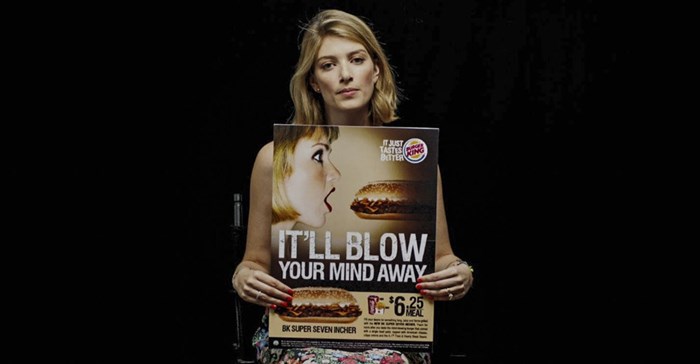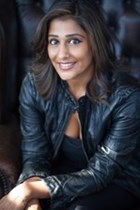Ad awards prioritise humanity

It’s no secret that advertising has the power to influence and change behaviour. Research by neuroeconomist Paul Zak indicates that positive behaviour helps to stimulate the release of oxytocin in humans, which leads to feelings of trust and empathy.
So when a brand communicates in a positive way, it is more likely for that brand to be trusted and to build a relationship with people.
It’s summed up by author Maya Angelou: “At the end of the day people won’t remember what you said or did, they will remember how you made them feel.”
And now, in a time when humanity is quickly losing its grip on simple human values, advertisers and marketers should be even more conscious of how they make people feel.
Recently, several international advertising award shows — Cannes Lions, the Andy Awards and the Advertising Club of New York — announced they would ask jurors to disregard work that objectifies women or perpetuates gender bias.
This comes as a result of a powerful campaign, called #WomenNotObjects, led by chief creative officer at ad agency Badger & Winters, Madonna Badger. The campaign sets out to reveal how negative images in advertising have, over the years, perpetuated objectification, sexism and gender inequality.
This is an important step in the right direction and it is one that the Loeries will be supporting. Yet our country and our continent demand a different approach. So, we would like to support #WomenNotObjects — and take it a step further.
Our landscape is unique and our social problems layered and born out of a history deeply rooted in all forms of bias. Right now, our country weeps and there is a severe lack of trust that makes us fear for our futures. It makes sense that we come back to simple humanity.
The Loeries would like to recognise and reward work that celebrates who we are as humans, that encourages the upending of stereotypes and the projection of powerful, transformative imagery.
This means that we would like to shine a light on work that challenges racial, cultural and gender bias, work that strips the prejudices to honour ourselves as equal humans. We would like to apply a lens of focus on work that acknowledges that we are human first.
This is not to say that we are advocating for work that is superficial, sentimental, inauthentic or vanilla-safe. The Loeries are about pure excellence and outstanding creativity. They are about provoking conversations about work that force us to feel something, to question and to challenge how we see and do.
This is about applying a crisp consciousness to the work we put out into the world. It’s about making sure that we’re telling better stories about our people.
The Loeries recognises and rewards work that is enviable and remarkable. It makes sense that remarkable work also has the potential to reveal the best side of humanity and celebrate that we are all human first.
Republished with permission from Mail & Guardian. Original here.















